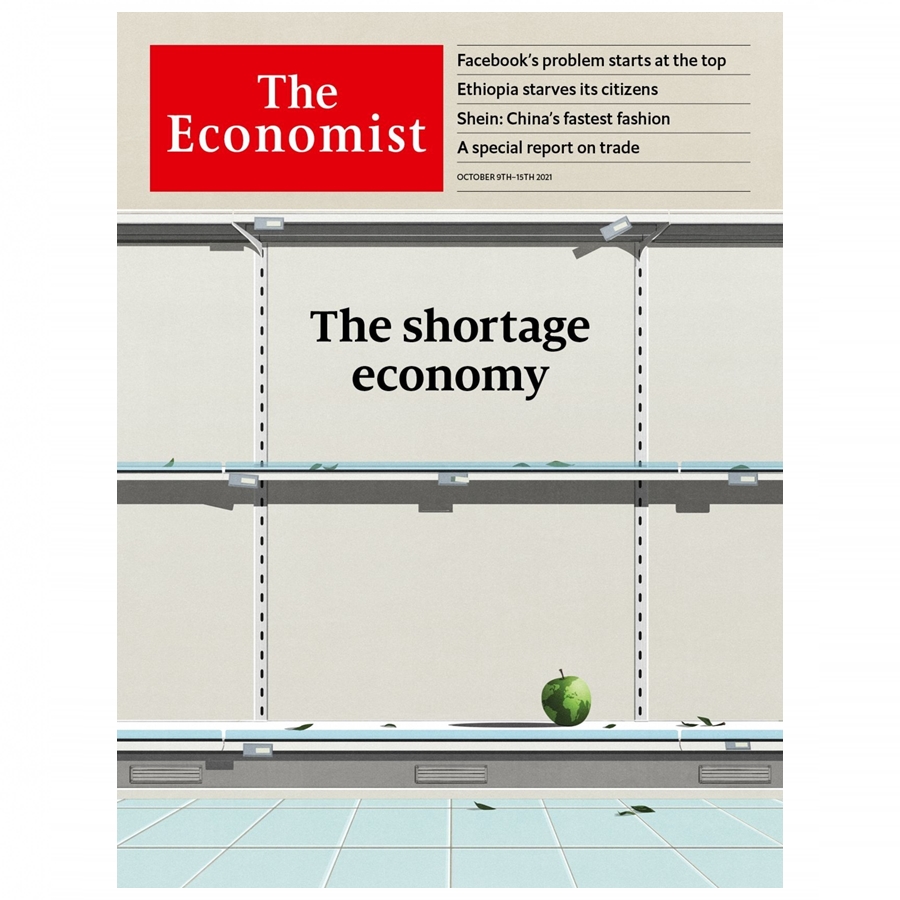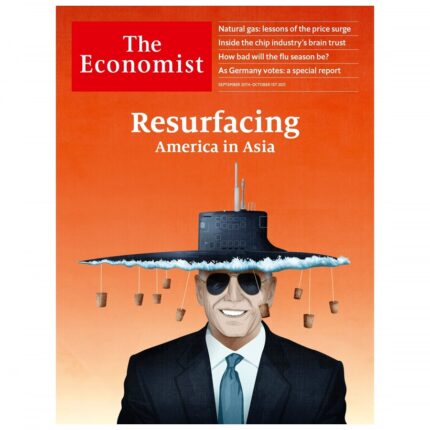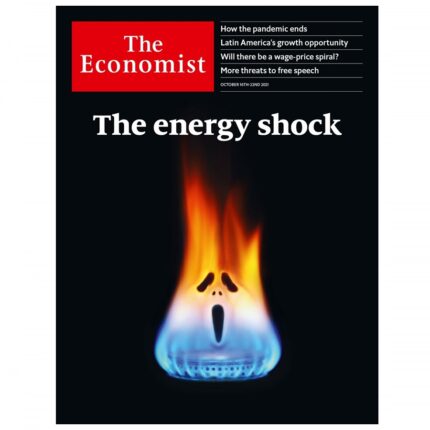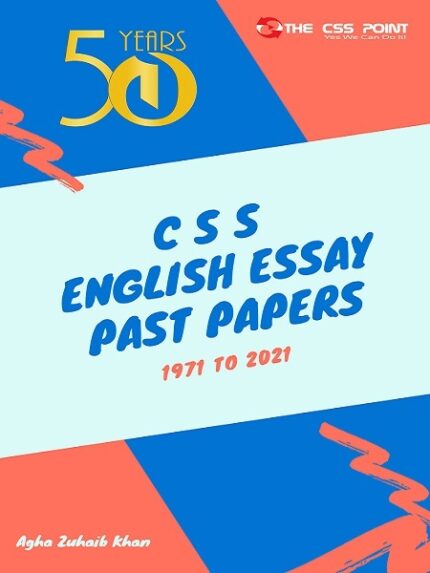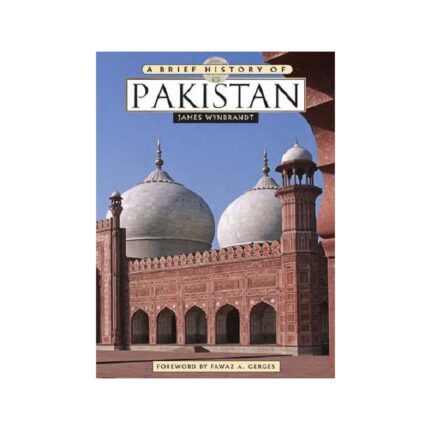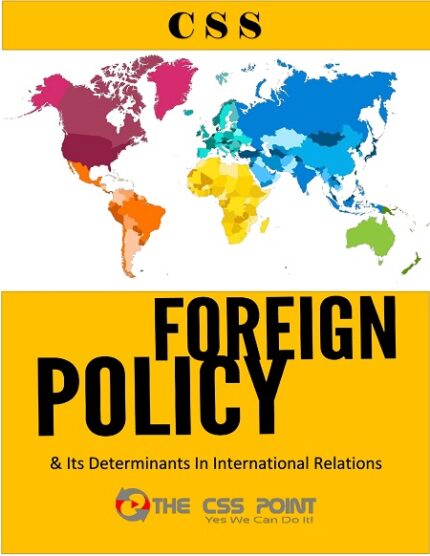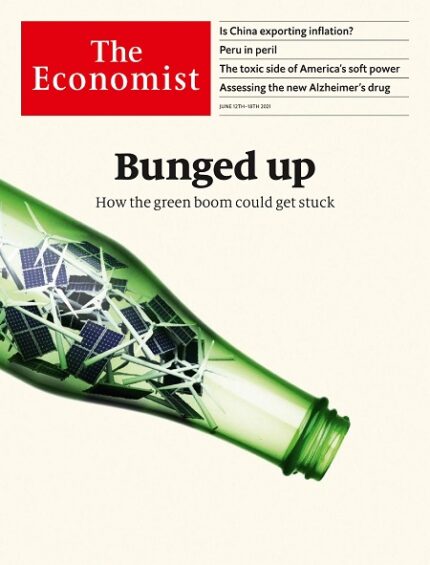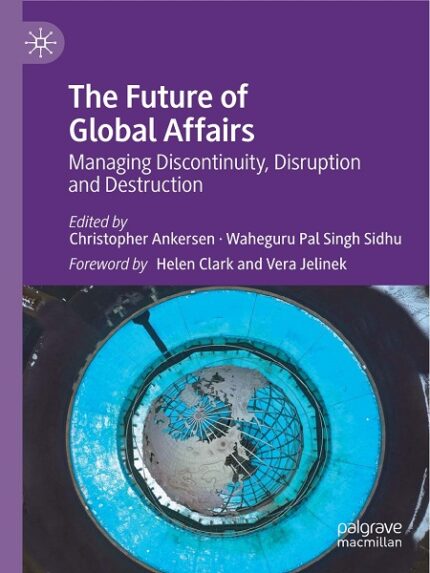The Economist Magazine 15th October 2021 For a decade after the financial crisis the world economy’s problem was a lack of spending . Worried households paid down their debts , governments imposed austerity and w ary firms held back in vestment, especially in ph ysical capacity , while hiring from a seemingly infinite pool of work ers. Now spending has come roaring back, as governments have stimulated the economy and consumers let rip. The surge in demand is so powerful that supply is struggling to keep up. Lorry drivers are getting signing bonuses , an armada of container ships is anchored off California waiting for ports to clear and energy prices are spiralling upwards. As rising inflation spooks investors, the gluts of the 2010s have given way to a shortage economy.
The immediate cause is covid19. Some $ 10.4trn of global stimulus has unleashed a furious but lopsided rebound in which consumers are spending more on goods than normal, stretching global supply chains that ha ve been starved of in vestment. Demand for electronic goods has boomed during the pandemic but a shortage of the microchips inside them has struck industrial production in some exporting economies, such as Taiwan. The spread of the Delta v ariant has shut down clothing factories in parts of Asia. In the rich world migration is down, stimulus has filled bank ac counts and not enough work ers fancy shifting from outoffavour jobs lik e selling sandwiches in cities to indemand ones such as w arehousing. F rom Brooklyn to Brisbane , employers are in a mad scramble for extra hands.
Yet the shortage economy is also the product of two deeper forc es. First, decarbonisation. The switch from coal to renew able energy has left Europe, and especially Britain, vulner able to a naturalgas supply panic that at one point this week had sent spot prices up by over 60%. A rising carbon price in the Europe an Union’s emissionstrading scheme has made it hard to switch to other dirty forms of energ.y Swathes of China have faced power cuts as some of its provinces scramble to meet strict en vironmental targets. High pric es for shipping and tech components are now triggering incre ased capital expenditure to e xpand capacity. But when the world is trying to we an itself off dirty forms of energy , the inc entive to make longlived investments in the fossilfuel industry is weak. The second force is protectionism. As our special report e xplains, trade policy is no longer written with economic efficiency in mind, but in the pursuit of an arr ay of goals, from imposing labour and environmental standards abroad to punishing geopolitical opponents short.The Economist Magazine 15th October 2021
[button url=”https://hostnezt.com/cssfiles/currentaffairs/internationalmagazines/The%20Economist%20Magazine%2015th%20October%202021.pdf” class=”” bg=”” hover_bg=”” size=”0px” color=”” radius=”0px” width=”0px” height=”0px” target=”_blank”] DOWNLOAD NOW [/button]






